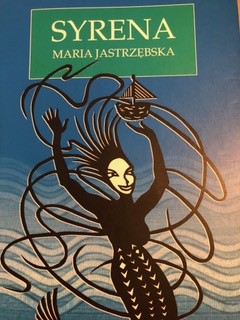This week, which coincides with William Morris's 124th Deathday on 3rd October, we're delighted to feature a humorous poem by Sylvia Daly. Its subject, Jane Morris (born Jane Burden) is familiar to us all. We've seen her in many a rich Pre-Raphaelite fantasy - a sulky-mouthed, thoughtful woman, gazing past us in a kind of dreamy, wordless sadness. But Jane has her own story.

She was born in 1839 to a poor working class family: her parents were probably illiterate. After being recruited as a model by the artist Dante Gabriel Rossetti, who spotted her in the audience at a Drury Lane theatre, she married William Morris, the influential textile designer, poet, novelist and social activitist. She didn't love him (and later had a long affair with Rossetti). Jane had two children with Morris. She and her daughters went on to become pioneering textile artists themselves, reviving ancient techniques to produce exquisite embroidery. Credit for the women's designs was given to William Morris, of course - 'in the interests of commercial success.' Keenly intelligent and self-educated, she became proficient in French, Italian, music and the arts of conversation, her queenly air enabling her to move comfortably among the upper classes. She may even be the original Eliza Doolittle.
In this poem, Sylvia imagines that Jane is getting bored with her husband's elaborate Arts and Craft-style interior decorations...
Mrs William Morris
(A villanelle inspired by
Carol Ann Duffy’s Collection
“The World’s Wife)
My small demand you cannot hear,
Acanthus leaves depress me so.
Magnolia walls, I beg, this year.
Your art rules every choice I fear,
in many rooms I cannot go.
My small demand you cannot hear.
Whispering my request, I peer
in rooms where rose and willow grow.
Magnolia walls, I beg, this year.
Night after night I shed a tear,
as friends your patterns bold you show.
My small demand you cannot hear.
I warn, there’s one who does not jeer,
he comforts me when my tears flow.
Magnolia walls, I beg, this year.
It’s true, Rossetti grows more dear,
for he says yes, instead of no.
My small demand
you cannot hear.
Magnolia walls, I beg, this year.
Sylvia Daly







